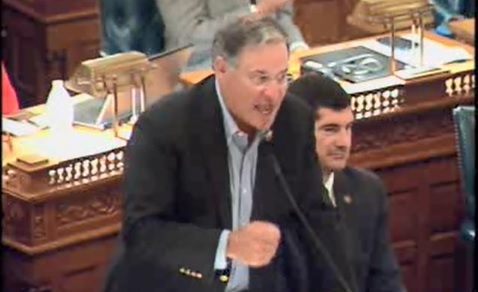Original Premise Of Correspondent Dinners No Longer Applies

Jon Bramnick, the Assembly Republican Leader, quickly condemned comedian Michelle Wolf's performance at last weekend's White House Correspondent Club dinner, saying her routine was more hate than comedy.
Bramnick has credibility here, given the fact he does stand-up comedy himself. But amid all the comments - most of which were negative - about Wolf's performance, a most obvious fact has been overlooked.
And that is that the whole country heard about Wolf's jokes in the first place. That point may be puzzling to some, but not to those old enough, or historically-conscious enough, to remember when these dinners were private affairs and were never written about.
Times, of course, have changed in an era when virtually everyone has a device that can record and transmit what's going on far and wide.
But it's worth recalling how the Washington dinner and a similar event here in New Jersey came to be.
The underlining premise was simple. Every day, politicians and the scribes who covered them would butt heads and disagree about all sorts of things. Animosities sometimes developed and festered.
But on one night a year, all those hard feelings would be put on the shelf and the men of politics and the men of the press (they were all men in the early days) would get together to eat, drink, and joke about each other.
In a way, this was an extension of what these groups likely did in their own domains. In just about every newspaper newsroom I've been in, reporters have enjoyed making jokes about the politicians they were covering. I trust politicians long have done the same with reporters.
I recall attending my first New Jersey correspondents' club dinner in the late 1980s or early 1990s. When it began, the host said, "There are no reporters here tonight." All understood that to mean that everything was "off the record."
Sure, some of the jokes were pretty nasty and below the belt. But nobody was offended, because only a small number of people heard them. And they were heard in context. This was a private roast where an offensive comment or two was par for the course. I'm sure there were times when a few pompous types unable to laugh at themselves got annoyed, but that probably did not happen all that often.
As mentioned, with today's technology, it is literally impossible to keep the jokes, the skits and the carrying-on private even if you tried. So, no one tries anymore.
As a result, public controversy over these dinners is not unique. Some may remember that in 2015, then-Governor Chris Christie was in a particularly foul mood. In a speech laced with profanities, he criticized many reporters personally and vowed never to show up at the dinner again. He didn't. For the record, this year's New Jersey Correspondent Club dinner is set for later this month.
Christie's cutting comments were reported statewide and the governor's office even had to send out a statement explaining them.
I hate to say it, but we have reached the point where it's worth discussing if these dinners are worth continuing - both in Washington and in New Jersey.
The Washington dinner, in fact, has gotten so corrupted that so-called A-list celebrities often attend. What exactly do they have to do with journalism? And from the journalistic end of things, there have been those over the years who have suggested that the notion of reporters and politicians yukking it up - even for one night - detracts from what should be an adversarial relationship.
Ending a traditional event is always painful, but it's obvious that the original premise of these dinners - a once-a-year private night of revelry - no longer applies. And there is no way to get that back.





